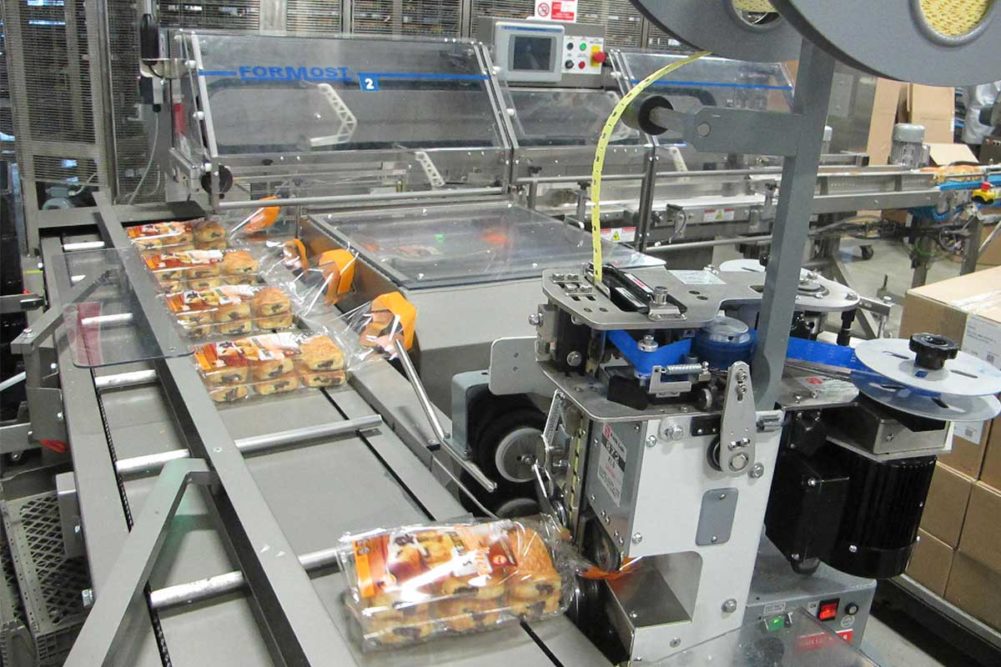With lean staffing, maintenance techs don’t have the luxury of walking around plants to check if every piece of equipment is operating properly. That’s why bakeries are employing systems that prioritize work orders.
“If you have limited resources, you’re going to make decisions based on what’s most critical to fix,” said Rowdy Brixey, founder and president of Brixey Engineering Inc.
He suggested bakers develop a data-based decision matrix for how to organize their maintenance departments and adopt a pit-stop mentality of urgency to keep production running as smoothly as possible.
“You need to know what must be done immediately and what can be worked around for later,” Mr. Brixey pointed out. “You need to develop condition-based triggers that determine when you need to do certain tasks.”
Holly Gilbert, vice president of operations at Awakened Foods, a better-for-you snack maker based in Loveland, Colo., urged bakeries to create maintenance systems that are as simple as possible and to avoid duplicate documentation when a task is completed.
“You don’t want techs wondering what’s the purpose of recording certain things five different ways on three different systems that take up valuable time,” she said.
She recommended training operators to handle routine maintenance work so more experienced technicians can focus on more complicated repairs that better use their time and skills. Such tasks could be something as simple as routinely cleaning sealing heads on a packaging system to keep it operating properly.
Additionally, Ms. Gilbert said building good vendor relationships is critical when investing in automation.
“You need to lean on those experts who developed the equipment,” she said. “Having them on-site for production and maintenance is critical during the startup stage.”
Mr. Brixey is a strong proponent of creating a culture of responsibility. No matter how old a bakery is, every department should look for time that’s unaccounted for by a maintenance tech.
“Good departments can account for all of the time or at least most of it,” Mr. Brixey said. “People say they can account for their time, but you need to document it.”
On average, he said, maintenance departments discover they cannot document about 20% of their time. In poor operations, it can be up to 80% of their time.
“They may be working, but do you know for sure? Get a read on how they’re managing their time, and by doing so, this will improve because you’re tracking it,” he said.
Mr. Brixey recommended using iPads that track work orders in 15-minute intervals and can be validated later. Such a system allows maintenance techs to simultaneously juggle multiple tasks. The goal is also to create a sustainable culture of ownership in keeping the bakery operating at its highest level.
“I’ve used it several times, and it worked every single time with a bump in performance. It’s all about accounted-for time and reducing waste and downtime,” he said.
To survive in today’s environment, bakeries need to invest in labor-saving automation that drives efficiencies and bolsters throughput. However, they also must maintain that equipment to keep production on track going forward.
Investing in maintenance, Mr. Brixey said, will pay big dividends and give bakeries the competitive edge they need to succeed in the long run.
This article is an excerpt from the October 2022 issue of Baking & Snack. To read the entire feature on Maintenance, click here.





